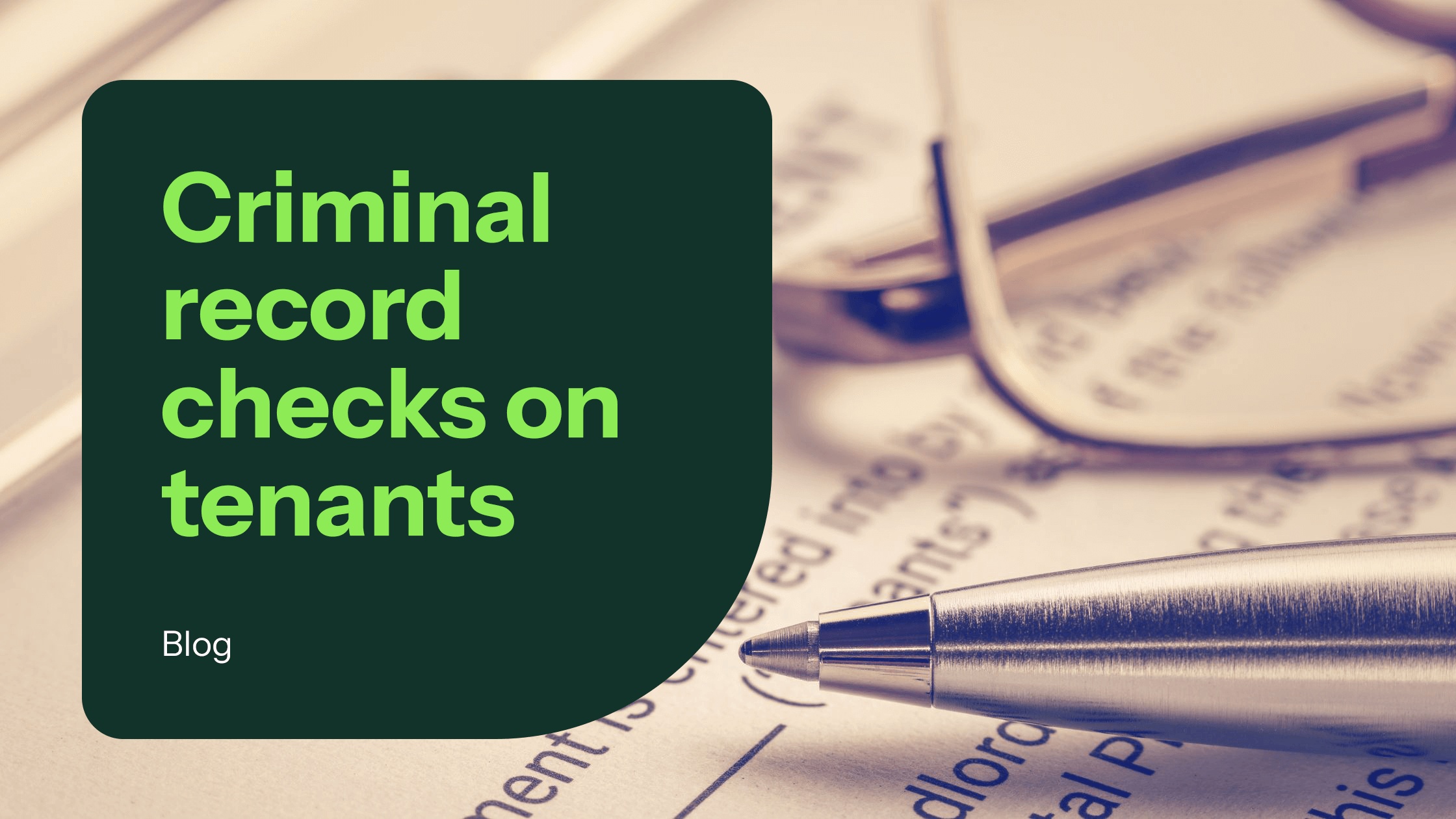If you’re a property owner wanting to rent your place, you’ve probably heard some horror stories about tenants. All landlords want to believe that their renters are trustworthy and will take care of their property. However, in reality, they could disappoint and expose you to serious risks. Real estate company Seeff says landlords often choose tenants based on their instincts, which isn’t always wise. A thorough background check on potential renters will go a long way to safeguard your property and also help protect the neighbouring residents. Property owners can verify factors like credit history, rental references, and employment status by screening potential leaseholders.
The Importance of Background Checks
Most property renters have good intentions and responsible, law-abiding citizens who will respect your investment and contribute positively to the community. Yet, as the saying goes, “Trust, but verify.” Landlords need concrete information to back up their choices in the selection process. That’s where a thorough criminal record check becomes a valuable asset in your tenant screening toolkit.
The Significance of Criminal Record Checks
While financial checks and references are pivotal, a criminal record check can provide an extra layer of peace of mind. Landlords seldom consider the possibility of undisclosed criminal records, a crucial piece of the background screening puzzle. A history of illegal activities, especially serious convictions, can be a red flag in your potential tenant’s future behaviour.
Benefits of Criminal Record Checks
Criminal activities range from minor offences to serious convictions, and any of these can affect the safety and well-being of your rental property and the broader community. Remember, landlords have a responsibility to be not only concerned about their own interests but also about the safety of other tenants and neighbours. Enhanced security, risk mitigation and legal responsibilities are a few key benefits of doing a criminal record check.
Resources for Tenant Background Checks
Landlords can choose from several resources and platforms to enquire about a prospective tenant’s background. For instance, contacting previous landlords and verifying rental history can give them a glimpse into an applicant’s reliability and adherence to lease agreements. Credit bureaus are another option, as they offer credit history checks, which can help landlords to assess an individual’s financial responsibility and payment history.
Comparing SAPS and HURU
However, to learn more about a prospective tenant’s criminal history, property owners can either make use of the services of the South African Police Service (SAPS) or opt for a background screening company like HURU. But what is the difference between these two options, and which one should a landlord choose?
Police Clearance Certificates (PCCs) via SAPS: The SAPS provides access to criminal record checks through its Criminal Record Centre. This allows landlords to verify an individual’s criminal history within South Africa. While the PCC is a legal, certified document, the process can be time-consuming and may take several weeks to complete. The documentation is usually required for official purposes, like immigration, adoption, and emigration.
Background screening companies: Background screening companies such as HURU provide criminal background checks at a fraction of the time. It’s a simplified and more informal process for situations that don’t require a police-certified screening. A criminal background check is generally more straightforward and accessible with faster results, making it an attractive option for those needing immediate proof of their criminal record status. Criminal record checks are ideal for situations like job applications or assessing prospective tenants.
HURU’s easy process
Fingerprint capture through HURU is a simple and streamlined process that applicants can complete in just a few easy steps. When they visit any of our nationwide partner locations at PostNet & Jetline, they only need to bring an ID along. The process requires no prior booking, and fingerprinting is easy and clean. Once submitted, the HURU system runs the fingerprints and application information against the SAPS and Home Affairs databases to determine criminal and identity status. Once fingerprints have been uploaded, they stay on the system, and no more fingerprinting will be required for future enquiries. Depending on the level of service you select, you can receive a criminal record check in as little as 2 hours.
Legal Requirements and Consent
Remember that, regardless of which system you use, a landlord needs a potential tenant’s written consent and ID number before any legal details can be checked. In addition, eviction records will not appear on criminal background checks unless there is a record of past charges settled in civil court. While it is important to gather relevant information, landlords should also respect tenants’ right to privacy. Focus on collecting only the information required to assess a tenant’s suitability and safely handle sensitive data.
HURU’s Advanced Verification System
HURU‘s verification system utilises various data points and biometric technology, providing reliable and correct results you can trust. Using advanced technology such as the Automated Fingerprint Identification System (AFIS), HURU delivers fast and precise results. With HURU’s services, landlords, property owners and prospective tenants can take control of background information and ensure accurate and up-to-date evidence about criminal records. Contact us today or register an account to start a verification.
What Is The Difference Between A Police Clearance Certificate (PCC) And A Criminal Record Check?
The Ins And Outs Of Criminal Record Checks For E-Hailing Drivers in South Africa
The Importance of Identity Verification: Ensuring Security and Trust


